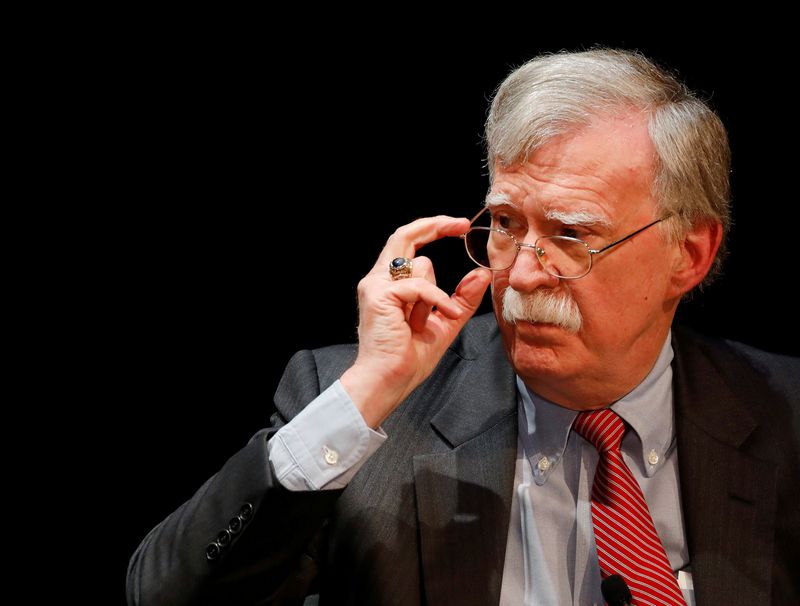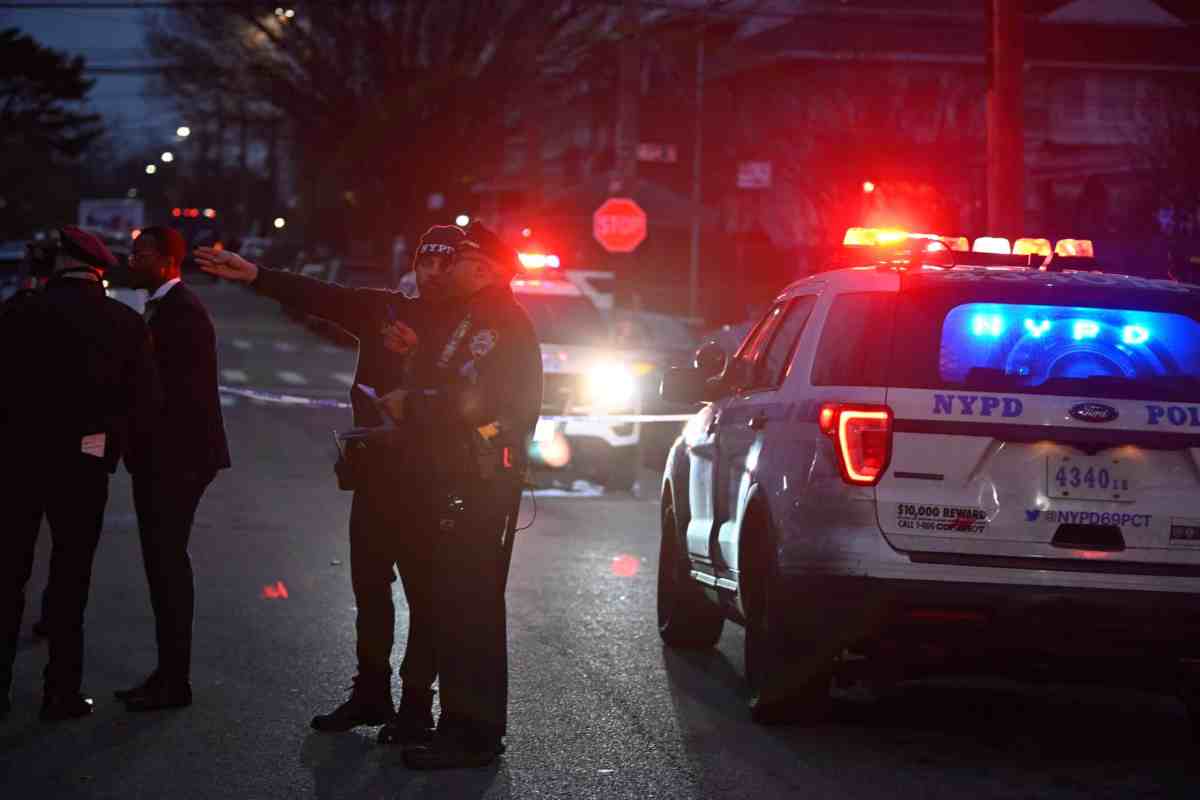WASHINGTON (Reuters) – U.S. President Donald Trump’s former national security adviser John Bolton said on Tuesday the United States should consider economic sanctions on Russia as part of a strong U.S. response if it is true that Moscow offered bounty payments to Taliban forces for killing Americans in Afghanistan.
Speaking to Reuters Television, Bolton said the reports, if confirmed, were “tantamount to an attack on Americans directly” and the publication of them appears to have triggered “chaos and confusion” within the White House.
“What we need is a more comprehensive strategy to deal with Russia. I think in (Russian President) Vladimir Putin and his government, you’ve got somebody playing a very weak hand very well. And I don’t really think we’re playing much of a hand at all,” he said.
Bolton declined to confirm or deny reports in the New York Times and Washington Post of U.S. intelligence about the bounties. Trump denied on Monday having been briefed on the effort, which the reports said may have led to the deaths of U.S. service personnel.
“It’s been suggested in Congress that Russia be declared a state sponsor of terrorism if we decide these reports are true. I think it’s got to be a very strong response to re-establish deterrence,” he said in an interview, part of a promotion of his White House memoir, “The Room Where it Happened.”
At a minimum, Bolton said, economic sanctions should be among the options Trump should consider in response.
Bolton, who is sharply critical of Trump in the book, said Trump has gone along with a tougher policy on Russia – “grumbled and complained about it the whole way” – while aspiring to warm relations with Putin.
Bolton said a more aggressive China is “the existential threat to the United States and the West as a whole” and that Trump has largely looked the other way from China’s treatment of Hong Kong and the Uighur minority in Xinjiang province in his desire for trade deals with Beijing.
China’s parliament passed national security legislation for Hong Kong on Tuesday, setting the stage for the most radical changes to the former British colony’s way of life since it returned to Chinese rule 23 years ago.
Bolton said Trump’s heart is not in getting tougher on China because “he’s worried about irritating his good friend,” Chinese President Xi Jingping.
“He doesn’t care about human rights repression in Hong Kong or in Xinjiang province against the Uighurs or against really religious minorities in China,” he said.
Bolton said he worries about the future of NATO if Trump wins a second term on Nov. 3 because of Trump’s tendency to want to bring U.S. forces home from abroad.
Trump said last week he wanted to remove some troops from Germany, where American forces have been deployed for decades, and put some of them in Poland. Bolton said putting some forces in Poland would be a good move but not bringing the troops home.
While the Republican Trump trails Democrat Joe Biden in opinion polls, Bolton said Trump could still win the presidential election.
“I don’t think his defeat in November is inevitable. Never underestimate the capacity of the Democrats to blow an election,” he said.
(Reporting by Steve Holland; Editing by Howard Goller)





















